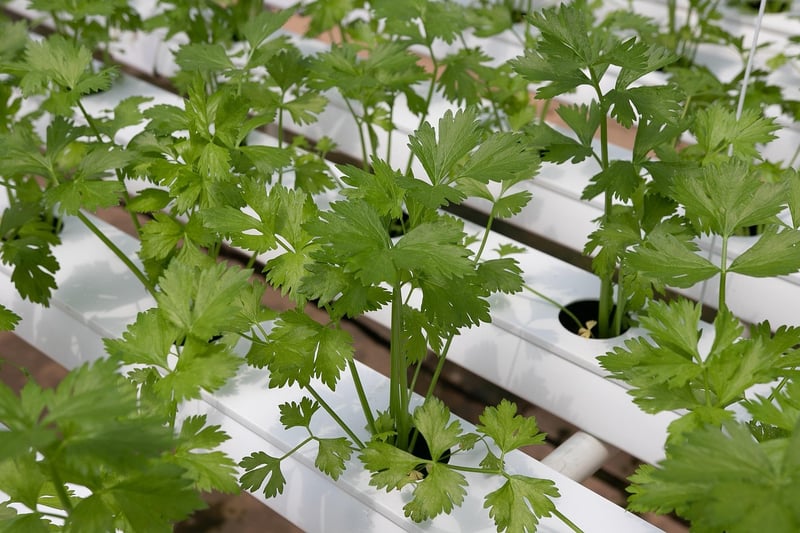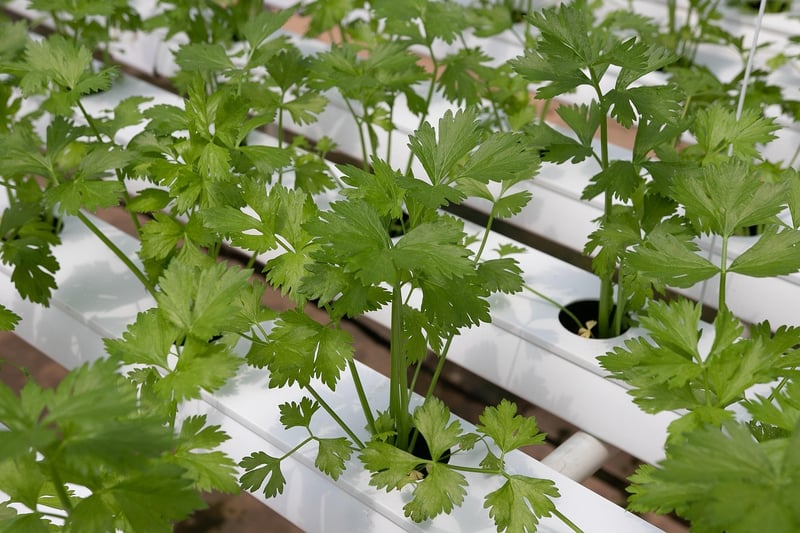Hydroponics
The Future of Food: Exploring Innovative Hydroponic Food Production
In today's world, the demand for sustainable food production methods is higher than ever. One innovative solution that is gaining popularity is hydroponic farming. Hydroponics is a method of growing plants without soil, using nutrient-rich water solutions instead. This revolutionary technique offers numerous benefits, including increased yields, efficient water usage, and the ability to grow food in diverse environments.
The Advantages of Hydroponic Farming
Hydroponic systems provide several advantages over traditional soil-based farming:
- Water Efficiency: Hydroponic systems use up to 90% less water than conventional farming methods, making them ideal for regions facing water scarcity.
- Space Utilization: By eliminating the need for soil, hydroponic systems can be set up in smaller spaces, allowing for food production in urban areas and on rooftops.
- Year-Round Production: With controlled environments, hydroponic farms can produce crops throughout the year, ensuring a consistent food supply regardless of the season.
- Higher Yields: Plants grown hydroponically often have faster growth rates and higher yields compared to traditional farming, maximizing productivity.
Types of Hydroponic Systems
There are several types of hydroponic systems, each offering unique benefits:
- Deep Water Culture (DWC): Plants are suspended in nutrient solutions, with roots submerged in water.
- Nutrient Film Technique (NFT): A thin film of nutrient solution flows over the plant roots, providing constant access to nutrients.
- Vertical Farming: Utilizing stacked layers to grow plants vertically, maximizing space efficiency.
Hydroponics and Sustainability
Hydroponic farming aligns with sustainable practices by reducing water consumption, eliminating soil degradation, and minimizing the need for pesticides and herbicides. Additionally, the controlled environments of hydroponic systems result in fewer pests and diseases, reducing the reliance on chemical treatments.

By embracing hydroponic farming, we can create a more sustainable and resilient food system that meets the needs of a growing population while minimizing environmental impact. The future of food production lies in innovation, and hydroponics is paving the way towards a greener tomorrow.
Join the revolution of hydroponic farming and be a part of the solution to feed the world sustainably!
